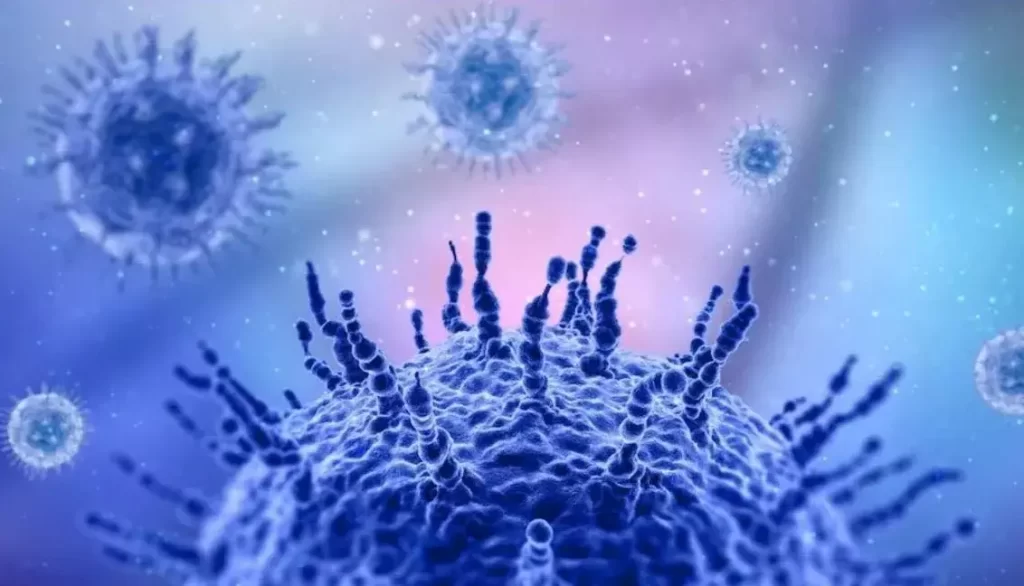ArdorComm News Network
March 11, 2023
The union government has advised states and union territories (UTs) to increase community awareness on adherence to respiratory and hand hygiene in light of the growing A Influenza type H3N2 cases across the nation.
The centre has additionally requested that the state units of the Integrated Disease Surveillance Programme (IDSP) keep vigil over cases of influenza-like illnesses and severe acute respiratory illnesses (ILIs and SARIs) and refer a sufficient number of samples for testing for influenza, SARS-CoV-2, and adenovirus.
In a letter to the states and UTs sent after an interministerial review conference with the NITI Ayog, Rajesh Bhushan, Secretary of the Union Ministry of Health and Family Welfare (MoHFW), acknowledged that an increasing trend in ILI/SARI cases was being seen nationwide. Integrated sentinel-based surveillance of ILI and SARI has detected an increase in influenza A cases during the second half of December 2022.
Bhushan specifically raised as a matter of particular concern the prevalence of Influenza A (H3N2) observed in the samples examined in several labs in his letter. Young children, the elderly, and those with co-morbidities are more at risk for and vulnerable to H1N1, H3N2, adenoviruses, etc., according to the Government of India (GoI).
The letter also highlighted the growing incidence of other respiratory ailments across the nation. The steadily rising COVID-19 test positivity rates were brought up by the Union Health Secretary as an urgent concern.
The health official stated, “Despite low number of new cases, equally low number of hospitalisations and significant advances made in terms of COVID-19 vaccination coverage, there is still a need to remain vigilant and focus on the five-fold strategy of test-track-treat- vaccination and adherence to COVID-appropriate behavior.”
The “Operational Guidelines for Revised Surveillance Strategy in Context of COVID-19” are to be put into full effect by the states and UTs in order to conduct integrated surveillance of respiratory pathogens that manifest as ILI/SARS cases. The number of Adenovirus cases in the nation has also increased. According to the testing of the samples being done by many of the ICMR’s VRDL network labs, over 25.4% of respiratory samples have tested positive for adenoviruses since January 1, 2023.
The letter continued that while the majority of these agents typically result in a similar mild and frequently self-limiting illness, in some instances an acute respiratory infection with fever and cough, especially in older people, people with obesity and other comorbidities (like chronic obstructive pulmonary disease, diabetes, cardiovascular diseases, chronic renal and liver disease, etc.), as well as pregnant women, may experience a more severe manifestation of these diseases requiring immediate medical attention.
The centre has urged more community awareness of issues including often washing hands, not spitting in public, using a mask in crowded locations, covering one’s mouth and nose when coughing or sneezing, etc.
The union health secretary also gave state governments advice on improving human resource capacity based on current recommendations, ensuring that people are immunised against COVID-19 and influenza, and assessing hospital preparedness, including the availability of pharmaceutical drugs, medical equipment, medical oxygen, etc.


